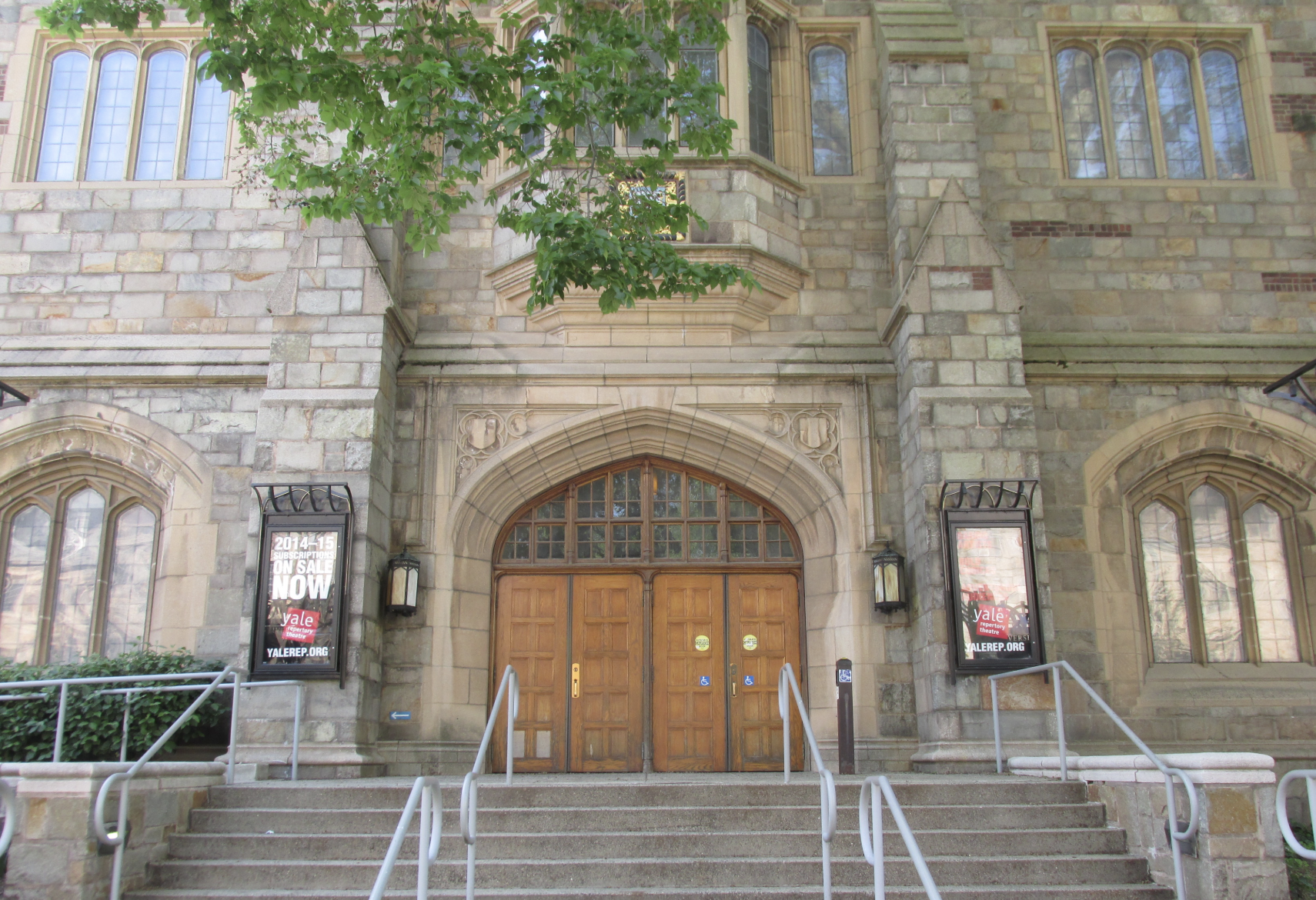
Wikimedia Commons
This summer, Yale-affiliated artists reflected upon equity in the arts, the struggle for artists to procure funding and the influence of businesspeople in artistic projects. Now, those artists have formed the Midnight Oil Collective — an organization that seeks to make the creative process financially accessible to artists by providing them with funding.
Over the summer, the cancellation of theatrical and musical performances across the country left students from the Yale School of Drama and School of Music living in New Haven. At the time, conversations about racial injustice inspired them to discuss injustices in their own field.
“We live in a world in which the starving artist is the norm,” Frances Pollock MUS ’25, one of the Collective’s founders said. “Because artists can’t make a living off of their work, they take side jobs, and they can’t actually do their art. We got together and decided that we needed to fix this.”
The Collective’s inaugural season, due to kick off on Nov. 28, will feature five projects: “Alien of Extraordinary Ability,” a TV series about Indian immigrants in Hollywood; “Captain Moriah’s Map of the World,” a cartoon series aimed at teenagers; “Ms., Opera, Music, Mr,” a podcast exploring gender bias in arts criticism; “Isn’t Music Theory,” an educational series; and “Salt,” a comic opera.
The Collective’s mission is to allow artists agency. Edwin Joseph MUS ’20, another founder of the Collective, noted that, while some in the arts world believe that the best business model for such a project is a non-profit model, he thinks relying on someone’s generosity undermines an artist’s ability to make the art they want to make.
Instead, the Collective operates through a cyclical investment cycle. Upon identifying participating artists, the Collective offers a $2,000 budget for research, pays a yearly salary for as many years as the artist is working on their project — $6,000 now, but the Collective hopes to grow that number in 2021 — and assists the artist in selling their work. A portion of the revenue from the sale is then reinvested into the Collective. The Collective currently has a $30,000 gift from “a personal benefactor who was interested in the idea,” according to Joseph.
The Collective is also receiving financial support through collaborations with the TSAI Center for Innovative Thinking at Yale and New Haven COLLAB.
For this cycle, all projects have been developed by founders. Their next cycle will begin to feature new artists. Emily Roller ’07, another founder, said the Collective still hasn’t fleshed out the exact process for selection, but that she hopes it will be “as democratic as possible.”
Joseph told the News that the Collective relies on growth because of the revenue-sharing system. He noted that, hypothetically, if an artist were to create a project that brought in a million dollars in revenue, about 10 percent of that — $100,000 — would be redistributed to other artists through the Collective’s reinvestment process. The Collective is still working out the details of how much revenue to collect.
Roller said that because of the presence of “big money,” or influential businesses impacting decisions in the arts, she thinks the arts world is going in the “wrong direction.” She cited the last Tony Awards, where she said the winning shows were “jukebox musicals.”
“We thought about why that happened,” Roller said. “We talked about the role of big money in the arts, and how much control it has over everything, and how we do not like participating in that field for that reason. We had the impulse to come together and restructure things so that the artists would be able to make decisions about the type of art that they make.”
To this end, Roller noted that the Collective is structured as a co-op, in which members have equal shares, and only artists are allowed in — so only artists will be involved in the investment process.
The “democratic” nature of the Collective extends to how decisions are made, including the process of determining which artists will be featured. The group collectively votes on major decisions about the annual budget.
The next Midnight Oil Collective cycle will begin in March.
Owen Tucker-Smith | owen.tucker-smith@yale.edu







